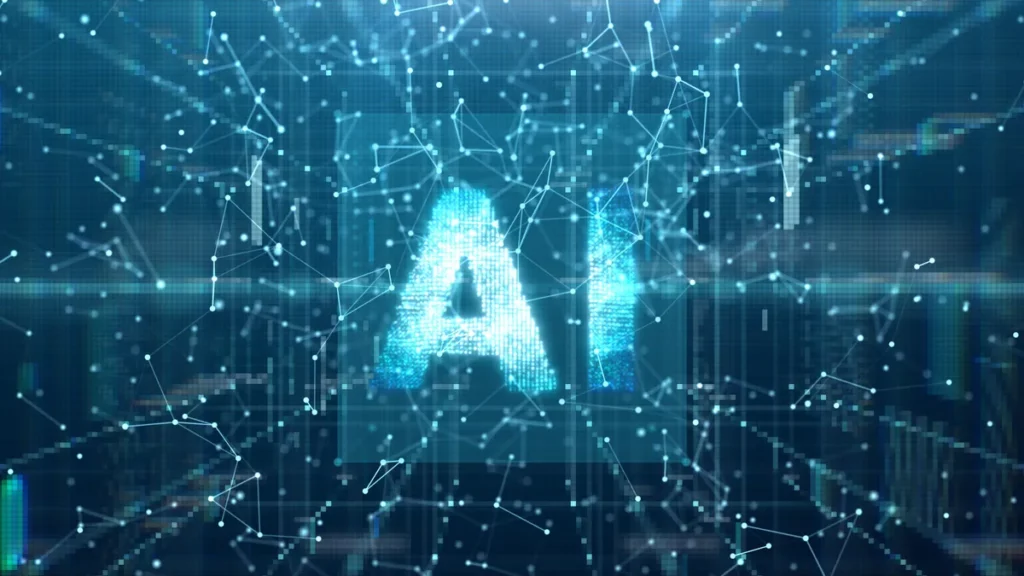The emergence of AI like ChatGPT has brought attention to the complexities surrounding copyright ownership for content generated by AI. In the UK the Copyright, Designs and Patents Act of 1988 recognizes computer generated works as lacking authors. Potentially eligible for copyright protection. This raises concerns about identifying the sources of AI generated responses that may include copyrighted material.
The main dilemma lies in whether AI, such as ChatGPT should be permitted to utilize third party content when generating responses. It also raises the question of whether AI can be acknowledged as an author alongside humans especially when it displays capabilities.
Regarding the issue ChatGPT relies on Language Models (LLMs) trained on extensive datasets. Currently text and data mining for commercial purposes are permitted in the UK with OpenAI granting users certain rights over the output of their AI models subject to lawful use. However these terms do not hold the weight as copyright protection.
To prevent disputes and ensure clarity in matters it is crucial to establish clear guidelines. Without such guidance organizations may resort to actions to determine ownership of AI generated content which could lead to unauthorized use of copyrighted materials.

The second challenge involves determining who can claim copyright, for content generated by AI.
Copyright typically safeguards content created by humans. Although AI algorithms are copyrighted by their developers there may be variations, in the ownership of chatbot responses.
The question of ownership could encompass users or companies engaged in AI development. However according to UK legislation AI lacks the capability to possess copyright ownership. This stance is unlikely to change in the near future.
As AI progresses policymakers might reconsider granting authorship and copyright rights to AI entities. Such a shift would significantly reshape copyright law. Have reaching implications for businesses as AI integration becomes more prevalent. The UK government has yet to take action on conflicting perspectives from the technology and creative sectors. Is actively seeking input from stakeholders.
In a future where AI claims authorship power could become concentrated, in the hands of a few AI companies who might own repositories of copyrighted material. Potential solutions could involve users acknowledging their contributions when utilizing AI services with benefits tied to their input. Alternatively it may usher in an era of innovation where intellectual property rights hold less significance. The evolving landscape of AI necessitates cautious policymaking to address these issues.
